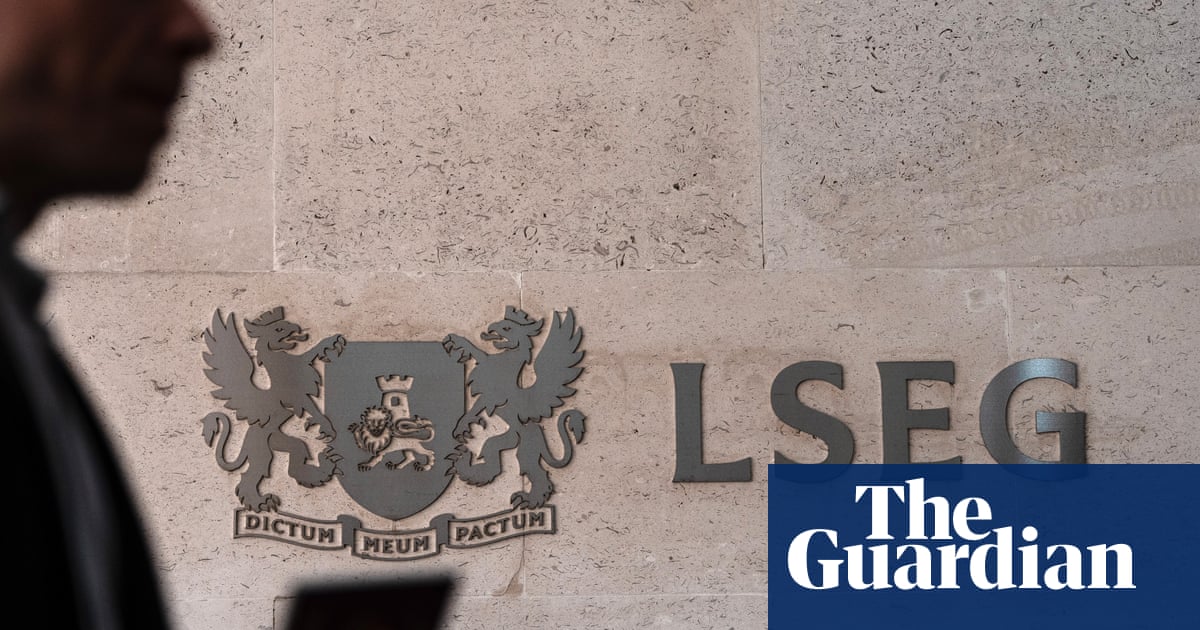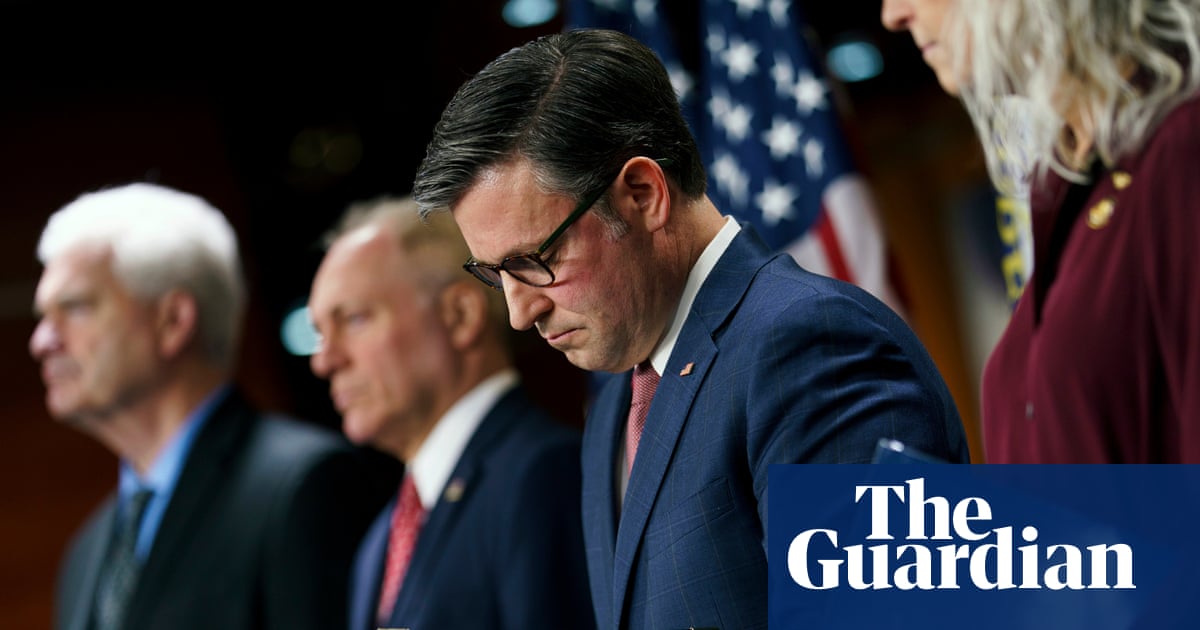T4K3.news
Wise seeks approval for US listing and voting changes
Wise is facing scrutiny as it bundles voting rights discussions with its US listing plan.

Wise is facing backlash over its plan to bundle voting rights with a US listing.
Wise pushes for dual-class voting rights ahead of US listing
Wise, a money transfer firm valued at £10 billion, is planning to switch its primary listing to New York. While most shareholders might support the move for growth opportunities, they are more apprehensive about accompanying proposals that would extend the company's dual-class share structure. This structure grants enhanced voting rights to certain shares that co-founder Kristo Käärmann would primarily benefit from. This upcoming vote bundles two distinct matters—listing location and voting rights extension—into one, forcing shareholders to take a stand on both. Critics, including former co-founder Taavet Hinrikus, argue that this tactic undermines good governance by not allowing separate votes. The outcome is uncertain, as a supermajority is required.
Key Takeaways
"Wise owners deserve governance structures that enhance value, not entrench power."
This quote from Taavet Hinrikus emphasizes the need for fairness in governance and voting rights.
"The retention of enhanced voting rights suggests a shift toward entrenching management control."
A strong statement from Pirc raises concerns about the implications of the proposed voting structure.
"If shareholders don’t like the proposal, they can just vote against it while giving a thumbs up to the switch to New York."
The argument against bundling the votes illustrates how it limits shareholder choice.
"The company was being clumsily vague about voting rights and the sunset clause when it announced its US ambition."
This highlights Wise's unclear communication regarding important governance issues prior to the vote.
By forcing shareholders to bundle unrelated issues, Wise's management raises legitimate concerns over governance and transparency. The push for enhanced voting rights, coupled with the shift to a New York listing, hints at a desire for control rather than shared accountability. This not only frustrates investors wanting a fair say but also paints an uncomfortable picture of a company that claims to uphold transparency in its fees. If Wise truly values its shareholders, it should allow them to vote on these matters separately, respecting their rights in the process.
Highlights
- A bundled vote is a backdoor maneuver that undermines shareholder rights.
- Transparency should not come with conditions that entrench management control.
- Wise owners deserve governance structures that enhance value, not entrench power.
- It's not the way to do things: make it two proposals.
Potential backlash over corporate governance
Wise's plan to bundle voting rights with its US listing could lead to public criticism and investor dissatisfaction, undermining corporate governance principles.
How Wise navigates this crucial vote will impact its relationship with investors going forward.
Enjoyed this? Let your friends know!
Related News

Wise shareholders approve move to US for stock listing

London Stock Exchange to explore 24-hour trading
Atari confirms 4.5 million euro investment in Thunderful

Trump under scrutiny over Epstein connections

Europe braces for potential U.S. trade tariffs

Texas congressional map advances amid party tensions

Trump continues anti-renewable stance in Scotland

House Republicans adjourn early amid Epstein document controversy
